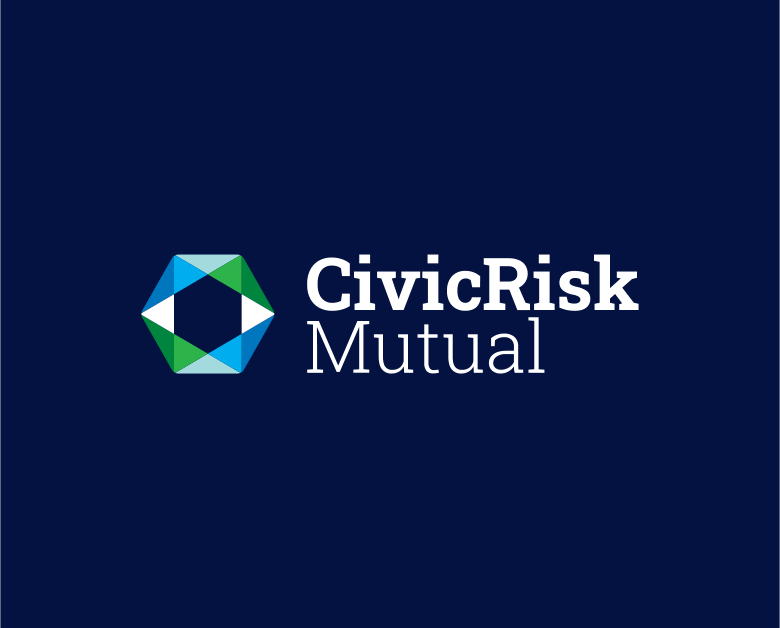Volunteers are the heart of countless council activities, from local events to community services. However, with their valuable contributions comes a set of challenges that councils must tackle head-on.
Proper risk management for volunteers is about protecting participants and the community while ensuring polished operations. In this article, we’ll dive into why managing volunteer risk is critical for councils and outline practical ways to mitigate potential liabilities.
Why Do We Need To Manage Volunteer Risk?
Managing volunteer risk is more than just a legal formality. It’s about building well-functioning community events. Without clear protocols, councils risk public backlash, legal complications and potential financial loss when things don’t go as planned.
Consider how risks arise in different volunteer activities. Events such as festivals, public fairs and even day-to-day community services present varying levels of exposure. By proactively managing risks, councils build stronger, more resilient communities and send a clear message that volunteer safety is a priority.
Risks vary by event or task. For example, a small-town fair with volunteers managing traffic and stalls has a different risk profile than a team working with vulnerable populations or those in disaster relief situations. Understanding this range helps you stay flexible and adaptive in your risk management approach.
CivicRisk Mutual is here to support you by offering guidance and resources to strengthen your risk management frameworks, supporting you as you safeguard volunteers while enhancing the efficiency and safety of events.
How To Effectively Manage Volunteer Risk
While the implications of poorly managed volunteer risk can be grave, taking proactive steps to prepare for hitches is relatively easy and approachable. By following best practices, you can improve event outcomes and bolster volunteer safety. Here’s how:
Screening and Recruitment
Managing risk starts with getting the right people for the job. Background checks are the foundation of screening, identifying any issues that might impact a volunteer’s ability to perform their role. Build a well-structured recruitment process to align volunteers with tasks that match their skills.
A resolute recruitment process also helps ensure volunteers are properly matched to roles based on their skill sets and experience. For instance, putting someone with no first-aid training in charge of emergency response is a recipe for disaster. The goal is to help volunteers feel confident and capable, lowering the risk of incidents.
Volunteer recruitment should focus on more than just willingness to help. Vet for competence, experience and an individual’s suitability for specific duties to build a more secure and productive environment for everyone involved.
Training Programs
Once you know you’ve onboarded the right people, consider investing in training programs to equip everyone with the competencies to handle responsibilities confidently and safely. Training should cover:
- Safety protocols: Including drills and practical exercises, supporting volunteers to feel comfortable and prepared in real-world scenarios.
- Emergency procedures: Emergency preparedness training is essential, particularly for larger events where the risk is higher. Volunteers need to know what to do in the case of medical emergencies, weather-related incidents or security issues.
- Specific tasks: Any baseline roles and activities encountered during volunteering should be covered in training to give a realistic idea of what to expect.
If you engage volunteers for annual or regular events, consider offering ongoing training and refresher courses to keep them involved. Just because someone volunteered a few years ago doesn’t mean they’re still up-to-date on current procedures or best practices. An engagement opportunity may also help attract committed participants for future events.
Clear Policies and Procedures
Clear, concise policies are the foundation of effective risk management. Establish solid guidelines outlining volunteer roles, responsibilities and acceptable conduct onsite. These policies should be practical, easily understandable and regularly communicated to all volunteers.
Effective communication is the key here. Event personnel should be fully briefed on expectations before they begin their duties. Handbooks or digital resources act as a reference for volunteers to access at any time, ensuring there’s no ambiguity in what they need to do. Orientation sessions and training are also great ways to reinforce expectations.
Review and update your policies regularly to address new challenges and regulatory changes. A set of outdated policies can do more harm than good if they don’t reflect the current operational environment or risks.
Insurance and Liability Coverage
Risk management without proper insurance is like walking a tightrope without a safety net. Ensure you have liability coverage for volunteers to protect against accidents, injuries or incidents during service.
Make a habit of reviewing insurance policies to confirm they cover all potential risks associated with volunteer activities. You must understand any limitations in the coverage and ensure the policy extends to all volunteer roles. Coverage gaps can expose councils to financial losses if something goes wrong.
CivicRisk Mutual works with local councils to ensure that volunteers are properly covered. With the right insurance, you can reduce exposure to financial risks while maintaining vibrant local community activities.
Regular Monitoring and Support
It’s true across the board with risk management procedures: ongoing support and monitoring are safety critical. Check in with volunteers regularly, assessing performance and addressing emerging issues or concerns. Setting up a two-way communication method facilitates discussion around undertakings and offering feedback — they see things from a different perspective and their experiences can be invaluable to improving overall efficiency and practice.
A post-event review process can help you identify gaps and vulnerabilities in your risk management strategy, refine policies and offer additional training where needed. When your volunteers feel connected and supported, they’re more inclined to stay diligent and perform their roles effectively.
Keep Events Running Smoothly With Effective Volunteer Management
Managing volunteer risk means councils can better protect their operations, volunteers and the community. Rather than addressing liability alone, proficient volunteer management keeps the experience positive, safe and rewarding.
By getting the proper coverage, training and screening volunteers you ensure you have the right people in the right seats. Offering ongoing support mitigates risk while empowering volunteers to thrive — and return for future events.
Volunteer risk management doesn’t need to be difficult, but it does require a thoughtful approach. CivicRisk Mutual is here to offer you support every step of the way. If you’re already a member, head to your Member Portal for resources and training on managing risk. If you’re considering becoming a member, get in touch with our team today to learn more about how we can help protect your volunteers and community.


